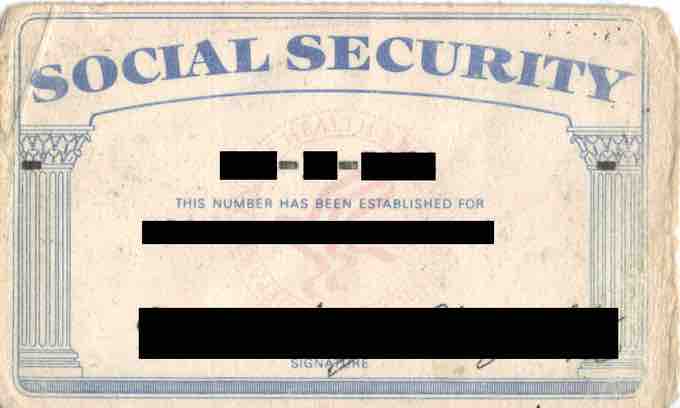The elderly, often referred to as senior citizens, are people who are generally over the age of 65 and have retired from their jobs. Within the United States, senior citizens are at the center of several social policy issues, most prominently Social Security and Medicare.
Social security is a social insurance program consisting of retirement, disability, and survivors' benefits. To qualify for these benefits, most American workers pay Social Security taxes on their earnings, and future benefits are based on the employees' contributions. The Social Security Administration was set up in 1935 as part of President Franklin D. Roosevelt's "New Deal. " Social Security is currently the largest social welfare program in the United States, constituting 37% of government expenditure and 7% of GDP. In 2010, more than 54 million Americans received approximately $712 billion in Social Security benefits

Social Security
Social Security card, which grants certain benefits to citizens.
In 1965, Congress created Medicare under Title XVIII of the Social Security Act to provide health insurance to people age 65 and older, regardless of income or medical history. Medicare spreads the financial risk associated with illness across society in order to protect everyone. Thus, it has a somewhat different social role from for-profit private insurers, which manage their risk portfolio by adjusting their pricing according to perceived risk.
The Medicare population differs in significant ways from the general population. Compared to the rest of Americans, Medicare enrollees are disproportionately white and female (due to women's greater longevity). They also have a comparatively precarious economic situation, which is usually exacerbated by the high cost of health care for the elderly.